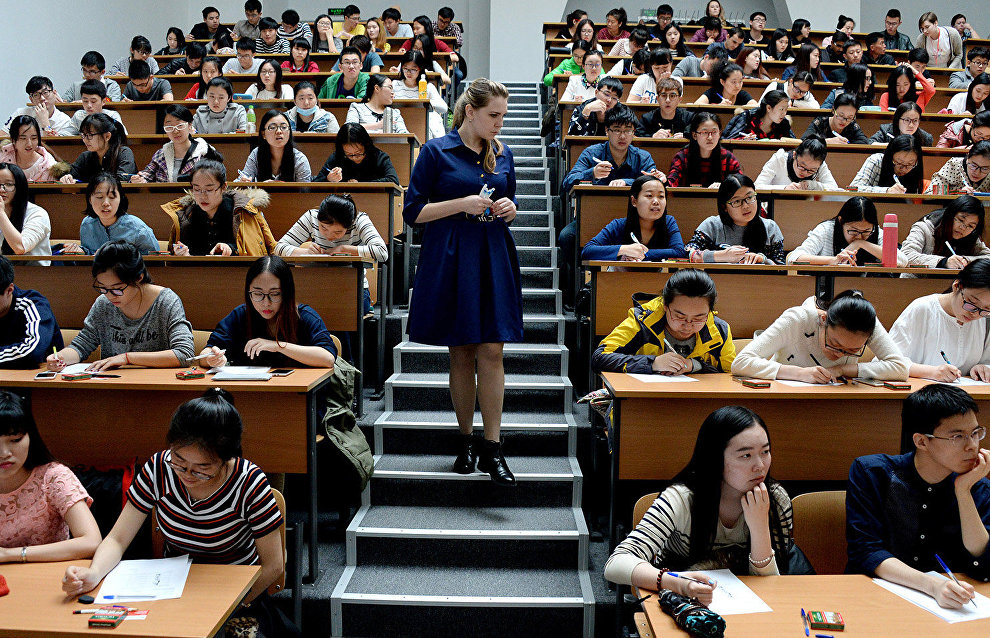NArFU to train specialists in Arctic political science
On September 1, 2020, Northern (Arctic) Federal University (NArFU) will launch the bachelor's program Political and Social Communications in the Russian Arctic, as part of the Political Sciences and Regional Studies track. Eighteen people have already enrolled in the new program.
The program is designed to train personnel who are capable of providing expert and analytical support to projects to develop Arctic territories. Graduates should be able to prepare analytical materials for developing research and management projects and participate in assessing the effectiveness of organizational efforts.
Students will also study social communications — working with the media and preparing texts and visual materials for public and interactive events. "This is public policy — graduates will focus on collective problem solving and building communication between the public and private sectors, civil society and public groups for the effective allocation of resources of all participants in certain processes," said Alexander Tamitsky, director of the NArFU Higher School of Social Sciences and Humanities and International Communication.
According to Tamitsky, for several years there have been incoming requests from the authorities of the northern regions to train political science specialists who would know the specifics of the Russian Arctic. "Many fairly large companies and corporations engaged in oil, gas, and mineral resources production are located in the region," Tamitsky said. "Interaction with the indigenous population is a necessity. Such a dialogue should be established taking into account certain environmental risks. In this regard, the Arctic is a unique region, as there are no other places in Russia or the entire world, for that matter, where human economic activity can pose such risks for the environment."
In addition, now the Russian Arctic is increasingly attracting the interest of other states, including non-Arctic ones, and there is a need for specialists who are well-versed in Arctic geopolitics. Students will study the history and modern international political processes in the Arctic, demographic and migration processes in the Russian Arctic zone, international regional ties of Russia's Arctic regions, their public and confessional policies, and interaction between businesses and authorities in the Russian Arctic.
According to the program organizers, its graduates will be able to work in government agencies, at enterprises and public organizations as experts and research analysts who help establish contacts between all these agencies. The task of Arctic political scientists will also be to make assessments and develop managerial solutions. "This refers to matters of migration, interethnic relations and issues of small indigenous peoples within the borders of the Russian Arctic zone and the Arctic in general," added Alexander Tamitsky.
